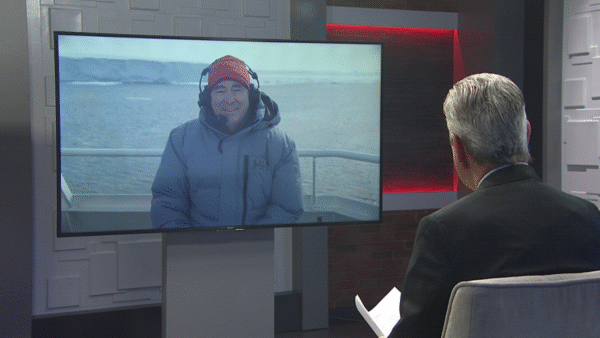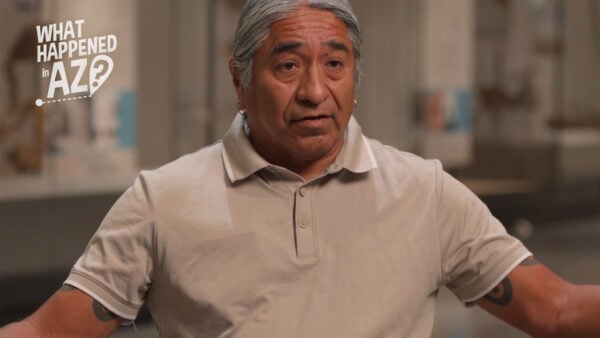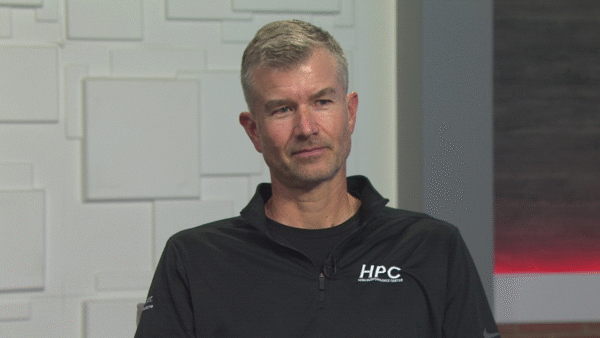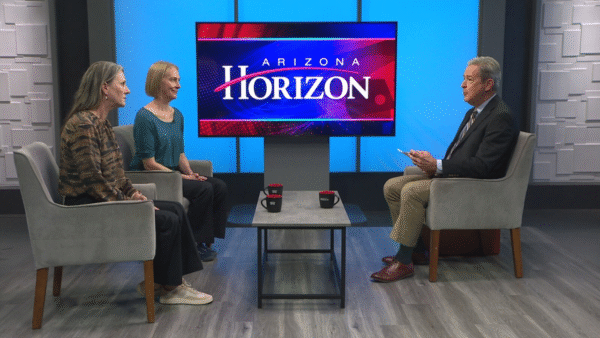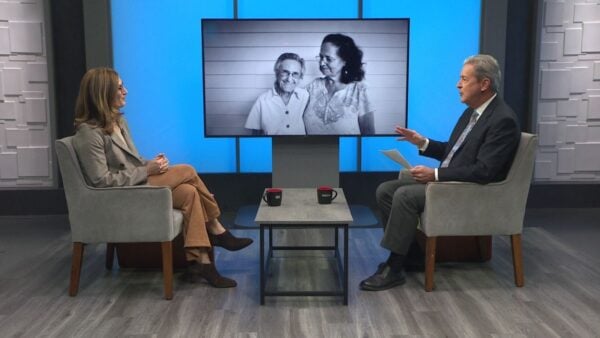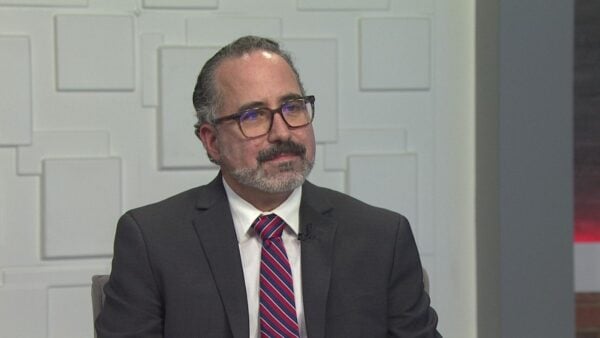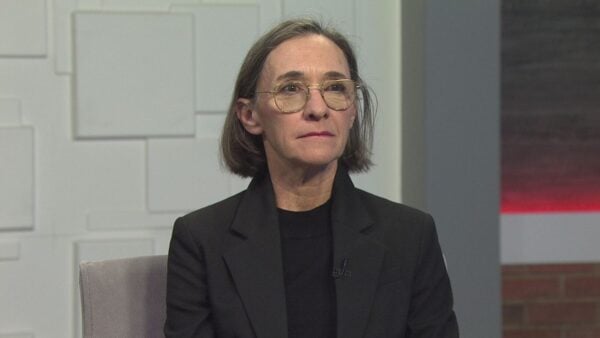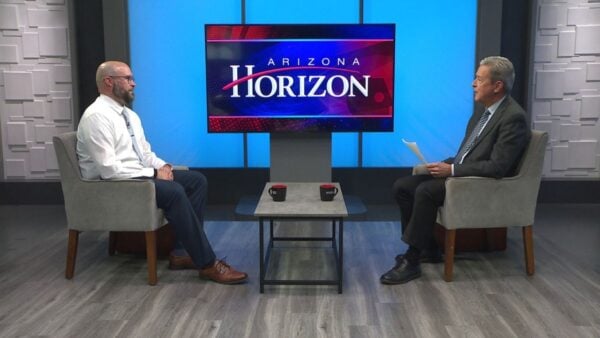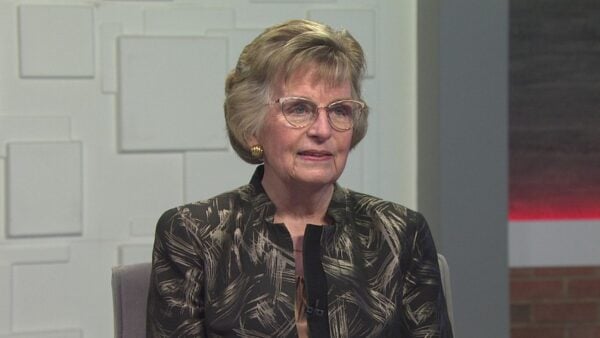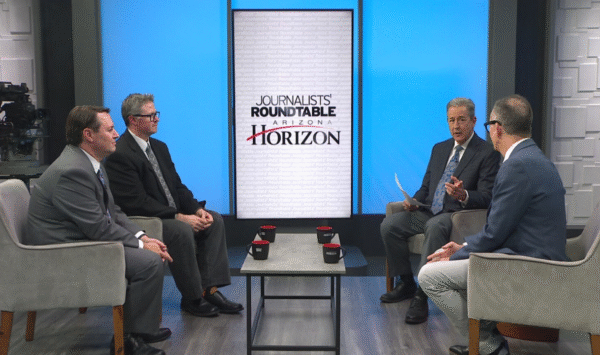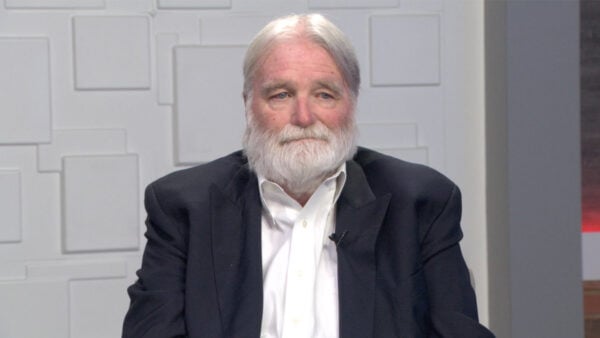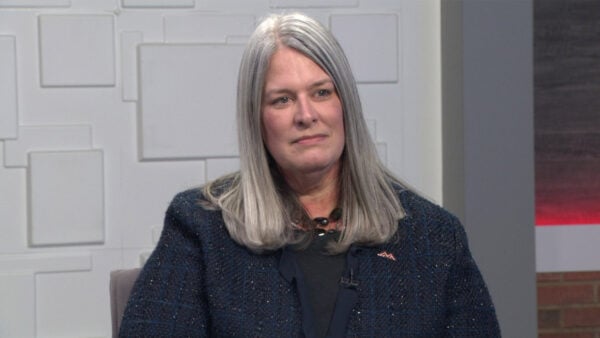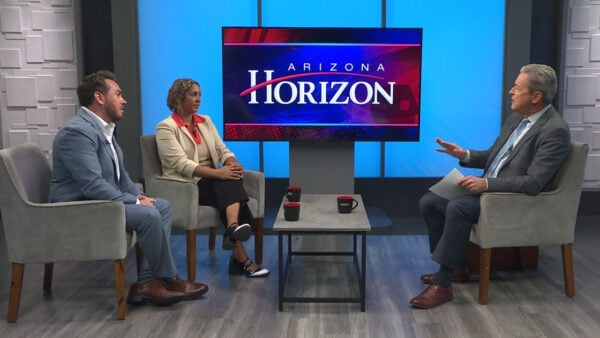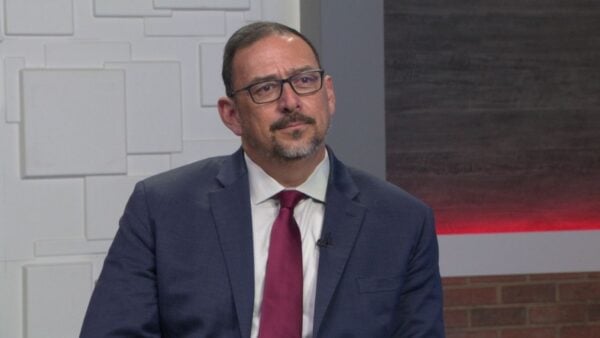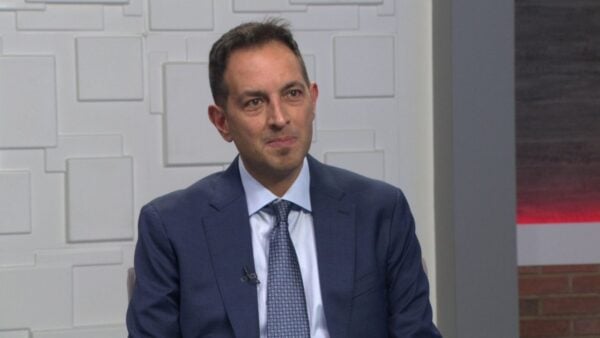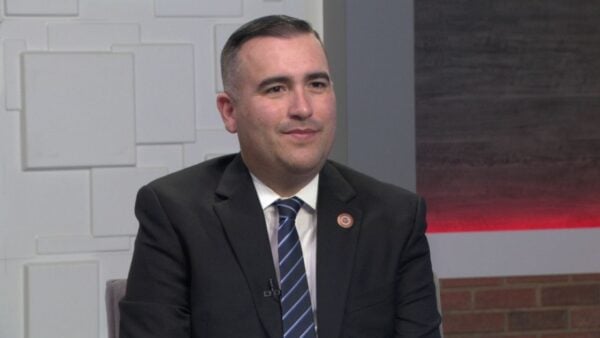The Arizona Department of Economic Security, which oversees Child Protective Services, has come out with a plan to investigate over 6,000 uninvestigated child abuse cases by January 31. DES Director Clarence Carter says nearly 3,000 of those cases have already been reviewed. Over 1,700 have been sent to case workers. Mary Jo Pitzl of the Arizona Republic has been covering the story, and will bring us up to date on the report.
Ted Simons: Good evening, and welcome to "Arizona Horizon," I'm Ted Simons. The Arizona Department of Economic Security, which oversees Child Protective Services, released a plan last night to review over 6,000 child abuse reports that CPS essentially ignored. "The Arizona Republic's" Mary Jo Pitzl joins us, she's been covering the story. Good to have you here. There's a lot to go over, let's do the best we can. I know you've been really covering this story hard. This came out late last night. Give us an overview of the plan.
Mary Jo Pitzl: The plan is basically saying within two weeks, by December 2nd, we will have all of these -- it is now 6,110 cases. We will have all 6,100 cases looked at, reviewed. They are going open them up and take a look at them and see how they should be classified going forward. They think they could get that done by December 2nd, by Monday.
Ted Simons: Not a formal investigation but a review.
Mary Jo Pitzl: Yes, yes. They are almost halfway there. They have looked at all of the cases, reports that came in this calendar year, and have sorted through 2,900 of those reports, of which they have sent on almost 1,800 for investigation out to caseworkers.
Ted Simons: Sounds like two thirds, somewhere around there, to investigate. How many do you think are possible criminal misconduct?
Mary Jo Pitzl: Out of this first batch they have identified 23 cases of possible criminal conduct.
Ted Simons: As far as classifying, there are five different categories to classify as far as the review process is concerned. Talk to us about that.
Mary Jo Pitzl: For this I'll have to use my cheat sheet, I don't have the categories memorized. These are to help workers classify how severe or unserious are the allegations. Does it require an immediate response, that's the highest priority? Or does it qualify for what they call an alternative investigation, which we can talk about in a little bit. Or is this something that should get looked at by a caseworker, the alternative investigation is a way to not have it go to a caseworker but still be looked at. Or is this a case that's already open and we're aware of this. Are there exceptions, is the child involved now 18, outside of CPS' purview. They set that criteria out. They say they have trained their staff, they have identified 257 staffers who will be working on this review. And then through December 2nd, and briefed them on the protocols.
Ted Simons: These 257 some odd folks, what happens to the work they were doing heretofore?
Mary Jo Pitzl: That's a big question. That's a concern of many people, especially the members of the CPS oversight committee that works out at the legislature. Director Carter, in his work plan has said, we're going to do our about toast keep all the plates spinning. But you just added 6,100 more plates to the circus.
Ted Simons: And there was a backlog of plates, if you will. They were already running behind. You've got now I know 6,100, quite a few now, about half of them have already been reviewed. That's still a lot of extra work. Is there concern that the work will be done correctly, and will quality work be done?
Mary Jo Pitzl: There is some concern. I think the bigger concern is all the firepower is going to go to looking at these 6,100 cases. What about everything that's been going on now? And what about cases that come in between now and January 31, because that is the ultimate end day for, after the quick review, that's all done by next Monday. By January 31 it's the deadline that requires reports to have that investigation wrapped up. The belief and the fear is all the attention will go to those cases, and the ongoing work, something's gotta give, they are not getting more workers.
Ted Simons: We'll hear more about that, I'm sure. I know DPS is looking into all this. What are they looking at?
Mary Jo Pitzl: They are reviewing the process CPS used in initially categorizing these 6,100 reports as not investigated. They will be looking at a sampling of the cases, sort of doing their own check on those. That will give them -- they are an investigative body, that's what DPS does among other things. Presumably they will look at some cases, some of which may have criminal conduct involved.
Ted Simons: I was going to say, they are looking for something criminal, correct?
Mary Jo Pitzl: I don't know if they are looking for criminal conduct, but if they see it they are required to act and hopefully CPS will catch that. CPS will look at every single one of them.
Ted Simons: There is a deadline for the DPS review?
Mary Jo Pitzl: No. They are assembling a team of four or five officers, the sergeants will work full time on this. Bart Graves, the DPS spokesman, says it's going to be a while. They wouldn't give a time frame.
Ted Simons: What is the reaction at the capitol, the mood among lawmakers, the Capitol, among lawmakers, what's the thought process now?
Mary Jo Pitzl: Well, in very broad strokes it's sort of divided into two camps. A lot of the Democrats are calling for Clarence Carter, the DES director, to resign or for Governor Brewer to fire him. They are also now calling for a special session to allocate money for more case workers and more staff to deal with this extra workload. Not to mention the backlog that hasn't been dealt with. Republicans want to see what's going to happen with the investigations, both director Carter's and the DPS investigation, before taking any action. But there is grave concern. In terms of the work plan itself there is a legislative oversight committee that met last month for the first time, even though they were created more than a year ago. Some of those members, most importantly the two co-chairs Senator Bartow and Brophy McGee said we have a lot more questions. The plan is pretty bare bones and we need some details filled in.
Ted Simons: People calling for Clarence Carter's resignation or removal have to remember that's problematic just in term of logistics. You have to find someone willing to come in for the final year of the governor's term.
Mary Jo Pitzl: That's believed to be a concern out there. It's not the most desirable of jobs to begin with. Assuming Governor Brewer isn't going to run for a third term, she's got a year left. This agency -- Carter hasn't been able to turn it around in three years. Can anybody come in in one year and do it?
Ted Simons: With that in mind, you have experience at the legislature; you know how the folks down there think. What does this do for extra funding, extra staff at CPS? And certainly what Carter was asking for, A. And B, is there a movement afoot to just restructure CPS, get it out of DES make it its own agency? Will those ideas have legs?
Mary Jo Pitzl: I think there certainly is interest in restructuring CPS, pulling it out of DES. It was suggested last week DES is just too big, CPS is just one part of it. Where to put it, she doesn't have an answer yet. But she's working on that and we might see that in legislation when the legislature comes back in January. In terms of money, again, the Democrats are saying we need to fund Clarence Carter's request for $100 million-plus now, rather than waiting for the next budget year. A lot of others are saying, including some Democrats, well, we need to wait and see what comes out of these reports. We don't want to throw good money after bad.
Ted Simons: Last question, and We talk so much about policy we forget the human element sometimes. Is there any indication that among these uninvestigated cases something bad has happened to a child? And if they find that out, what happens?
Mary Jo Pitzl: It's -- you don't know what you don't know. Although in testimony last week CPS was saying that they are confident there's no deaths attributed to this, because that would have been picked up. But harm, they don't know. If grievous harm, even mild harm is found, things come unglued out of the Capitol. The public reaction already is just up in arms.
Ted Simons: Great reporting, good to have you here. Thank you so much for joining us.
Mary Jo Pitzl:Reporter, Arizona Republic;
